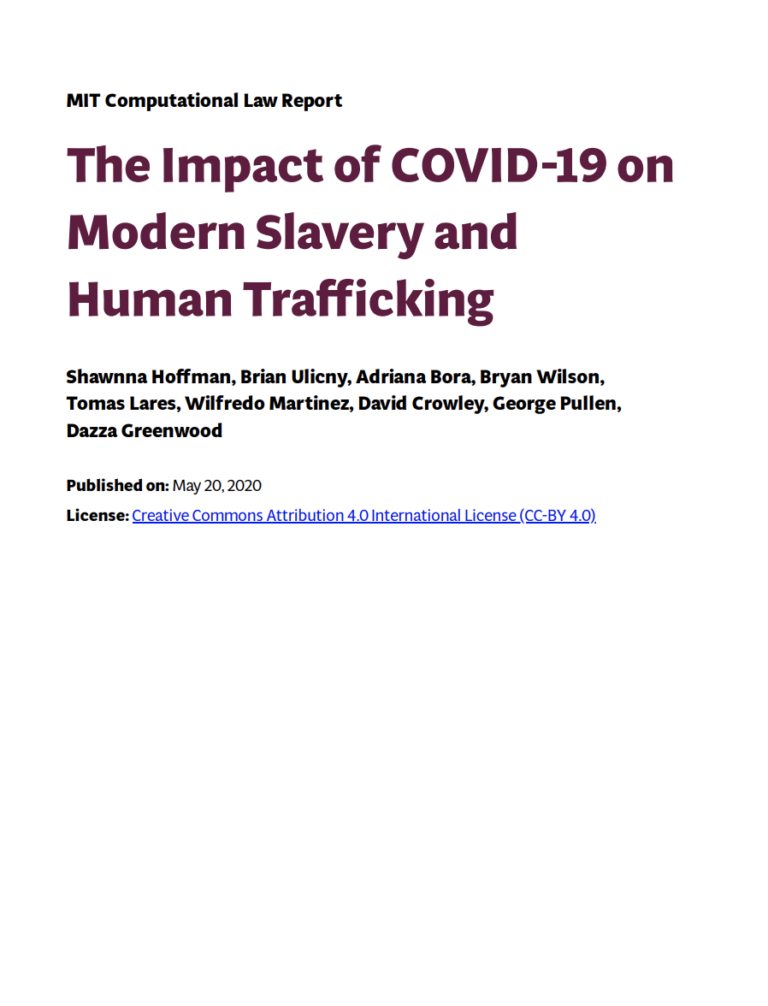Indebted Before Departure: Information Arbitrage and Financial Exploitation by Philippine Migration Intermediaries
PublicationsLabor migration is currently the most common predicate action leading to human trafficking and forced labor, and debt bondage is the most common indicator of forced labor. Based on Migrasia’s first hand experience with directly assisting thousands...Read More

